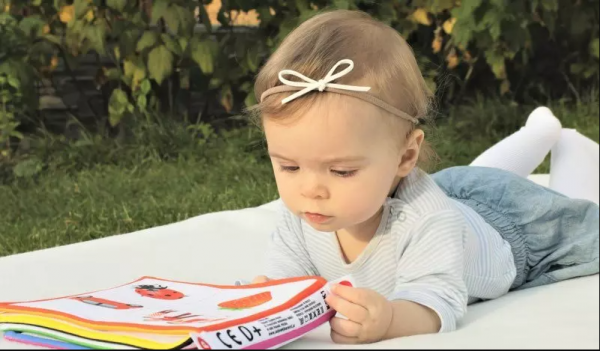Montessori philosophy distinguishes between activities and communication according to the child’s sensitivity periods. Age 3 is a period when children are sensitive to order, small objects, music, elegance, sensory development and writing.
In this period, it is important to prepare a regular environment for children, to establish a routine there and to maintain the routine. An unorganized environment can make children irritable, restless and have difficulty in establishing order in the next period. Children especially observe their environment in terms of order and take their parents as an example. For example, making your bed when you get up in the morning and doing it every day as a routine will create this habit and character in your child.
Appropriate activities should be planned for fine motor development, which is critical in Montessori education in 3-year-old children. Fine motor development both supports pre-writing development and dexterity is a precursor to intelligence development. For this reason, activities that will train children’s little fingers are very useful. The activities with the tongs with which they can make the gripper movement will be both enjoyable and educational. In addition, daily life activities such as buttoning up and tying laces also support fine motor skills.
Music, which is important in the development of the mind, enters the sensitivity period by the age of 3 years. Parental guidance is involved in acquiring the child’s knowledge and enjoyment of music. In addition, at this stage, children take their parents as an example in learning social behaviors. Communication with others, learning grace and politeness shapes the child’s future social life. The words parents use in daily life affect children in situations such as thank you, apology, and request. Even the word “good luck” on the dinner table has an important role in the development of communication skills in children. During this period, it is important that parents accept children as individuals and communicate accordingly.
From the age of 3, children can go to Montessori educational institutions. As of this age, changes in their social environment and communication with peers and peer relatives occur. Children from different age groups live together in Montessori educational institutions. In this way, the little ones are encouraged to be patient, excited and learn by watching the elders, while the adults are supported to approach the little ones with love and desire to teach.
The senses of sight, hearing, hearing, taste and touch develop faster in children aged 3 years. Activities that will develop children’s senses should be prioritized, and the development of intelligence should be ensured through the senses. Montessori materials include scent and taste bottles. This activity can be prepared simply at home. Taste bottles can be created with different foods such as lemon juice, molasses, yoghurt juice to be added to water in different bottles. In addition, the ground can be prepared for the development of tactile sense, which they can feel with both their hands and feet.
